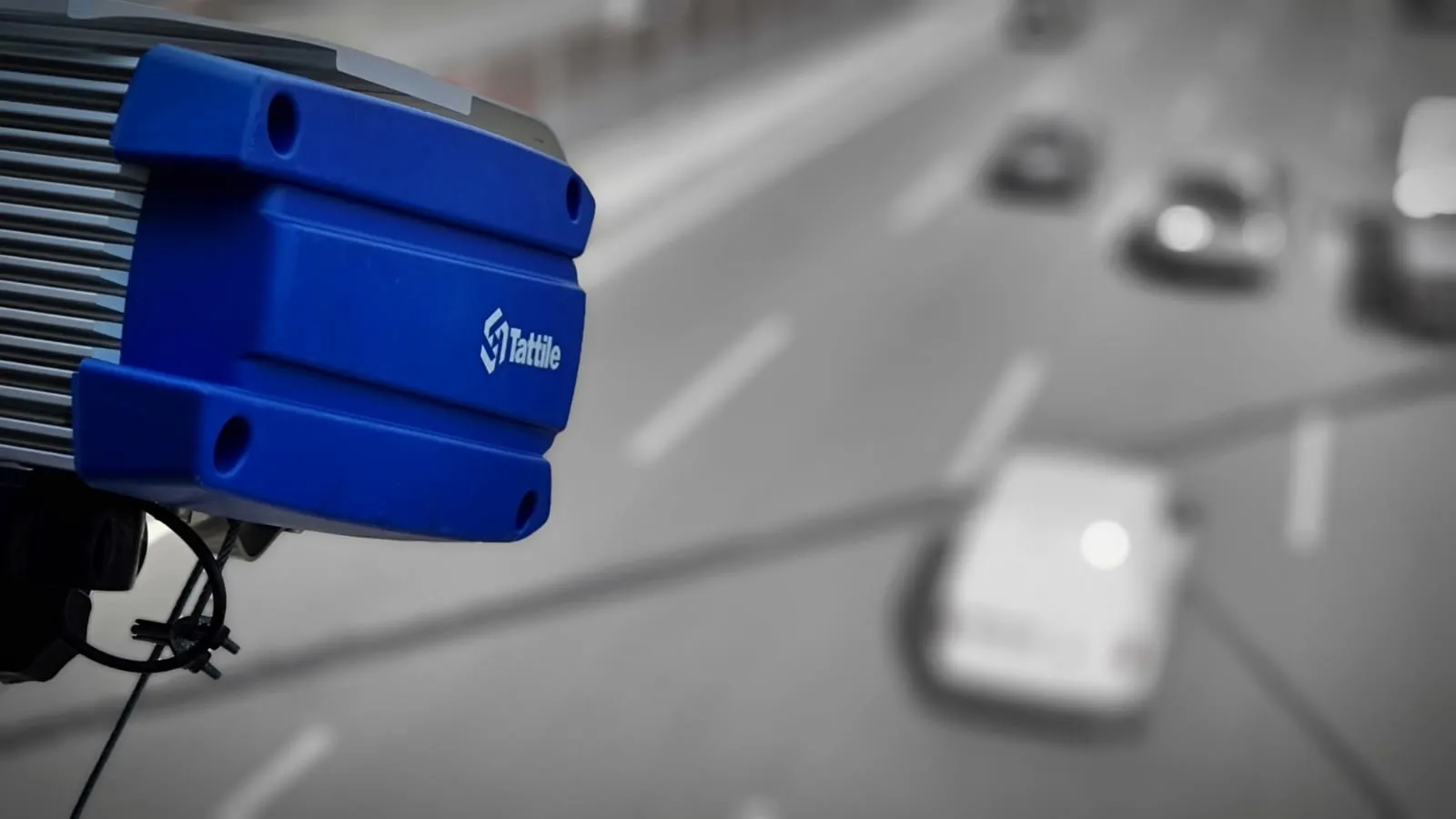European Traffic Police Network, TISPOL, has released details of the first pan European 24-hour speed enforcement marathon. In total, 22 countries are taking part in the marathon, starting today, Thursday 16 April at 0600 and continuing to 0600 on Friday 17 April.
In the German federal state of North Rhine-Westphalia, where the concept was conceived, members of the public have once again been invited to vote on the locations where they would like speed enforcement measures to take place.
TISPOL pre
April 16, 2015
Read time: 2 mins
European Traffic Police Network, 650 TISPOL, has released details of the first pan European 24-hour speed enforcement marathon. In total, 22 countries are taking part in the marathon, starting today, Thursday 16 April at 0600 and continuing to 0600 on Friday 17 April.
In the German federal state of North Rhine-Westphalia, where the concept was conceived, members of the public have once again been invited to vote on the locations where they would like speed enforcement measures to take place.
TISPOL president Aidan Reid commented: “The speed marathon is all about prevention. We want drivers to think about the speeds they choose; speeds which are both legal and appropriate for the conditions. By doing so, they will be reducing the risks they face and the risks they pose to other road users.
“That’s why we encourage participating countries and police forces to publish information about the precise locations of speed checkpoints in advance. We want to get into the heads of drivers, not their purses.
“Illegal and/or inappropriate speed is the single biggest factor fatal road collisions. That’s why police officers take action against drivers who fail to comply with speed limits. The 24-hour speed marathon is one component in our strategy for reducing casualties, and making Europe’s roads safer.”
Last year, 27,500 people died in road collisions throughout the European Union.
In Germany, 13,000 officers will be involved at 7,000 speed checkpoints, most requested by members of the public, while Estonia, Latvia, Lithuania and Finland will conduct joint speed checks and border security controls along the ‘Via Baltica’. In Serbia, 1,000 officers will be involved in speed controls during the marathon and a total of 90 speed checkpoints in Cyprus have been chosen for the marathon.
Countries confirming their participation in the marathon are: Belgium, Bulgaria, Cyprus, Germany, Estonia, Finland, Germany, Hungary, Croatia, Italy, Ireland, Latvia, Lithuania, Luxembourg, Malta, the Netherlands, Portugal, Romania, Slovakia, Slovenia, Serbia and the United Kingdom. Norway, although not an EU member state, is also taking part.
In the German federal state of North Rhine-Westphalia, where the concept was conceived, members of the public have once again been invited to vote on the locations where they would like speed enforcement measures to take place.
TISPOL president Aidan Reid commented: “The speed marathon is all about prevention. We want drivers to think about the speeds they choose; speeds which are both legal and appropriate for the conditions. By doing so, they will be reducing the risks they face and the risks they pose to other road users.
“That’s why we encourage participating countries and police forces to publish information about the precise locations of speed checkpoints in advance. We want to get into the heads of drivers, not their purses.
“Illegal and/or inappropriate speed is the single biggest factor fatal road collisions. That’s why police officers take action against drivers who fail to comply with speed limits. The 24-hour speed marathon is one component in our strategy for reducing casualties, and making Europe’s roads safer.”
Last year, 27,500 people died in road collisions throughout the European Union.
In Germany, 13,000 officers will be involved at 7,000 speed checkpoints, most requested by members of the public, while Estonia, Latvia, Lithuania and Finland will conduct joint speed checks and border security controls along the ‘Via Baltica’. In Serbia, 1,000 officers will be involved in speed controls during the marathon and a total of 90 speed checkpoints in Cyprus have been chosen for the marathon.
Countries confirming their participation in the marathon are: Belgium, Bulgaria, Cyprus, Germany, Estonia, Finland, Germany, Hungary, Croatia, Italy, Ireland, Latvia, Lithuania, Luxembourg, Malta, the Netherlands, Portugal, Romania, Slovakia, Slovenia, Serbia and the United Kingdom. Norway, although not an EU member state, is also taking part.










